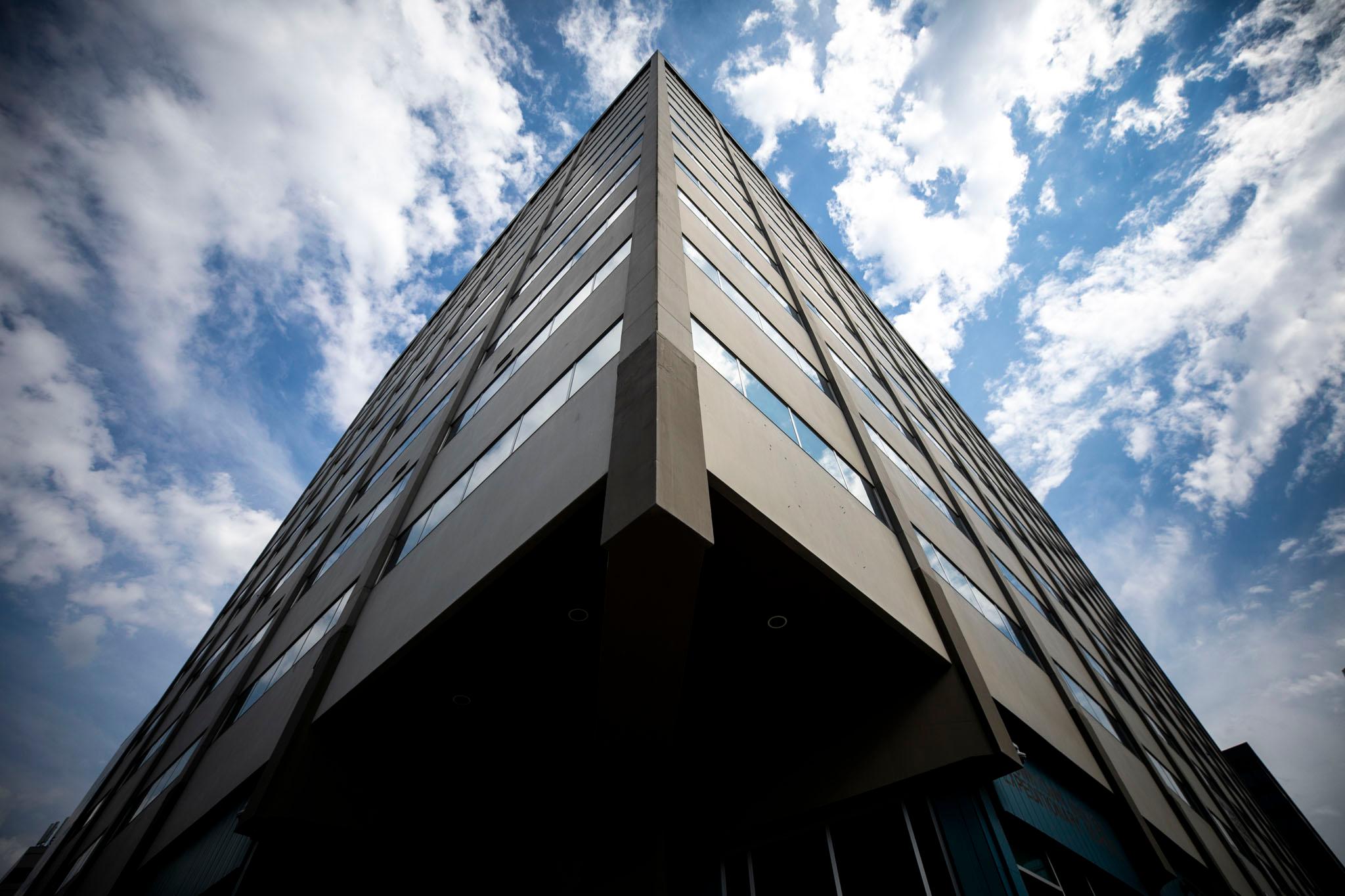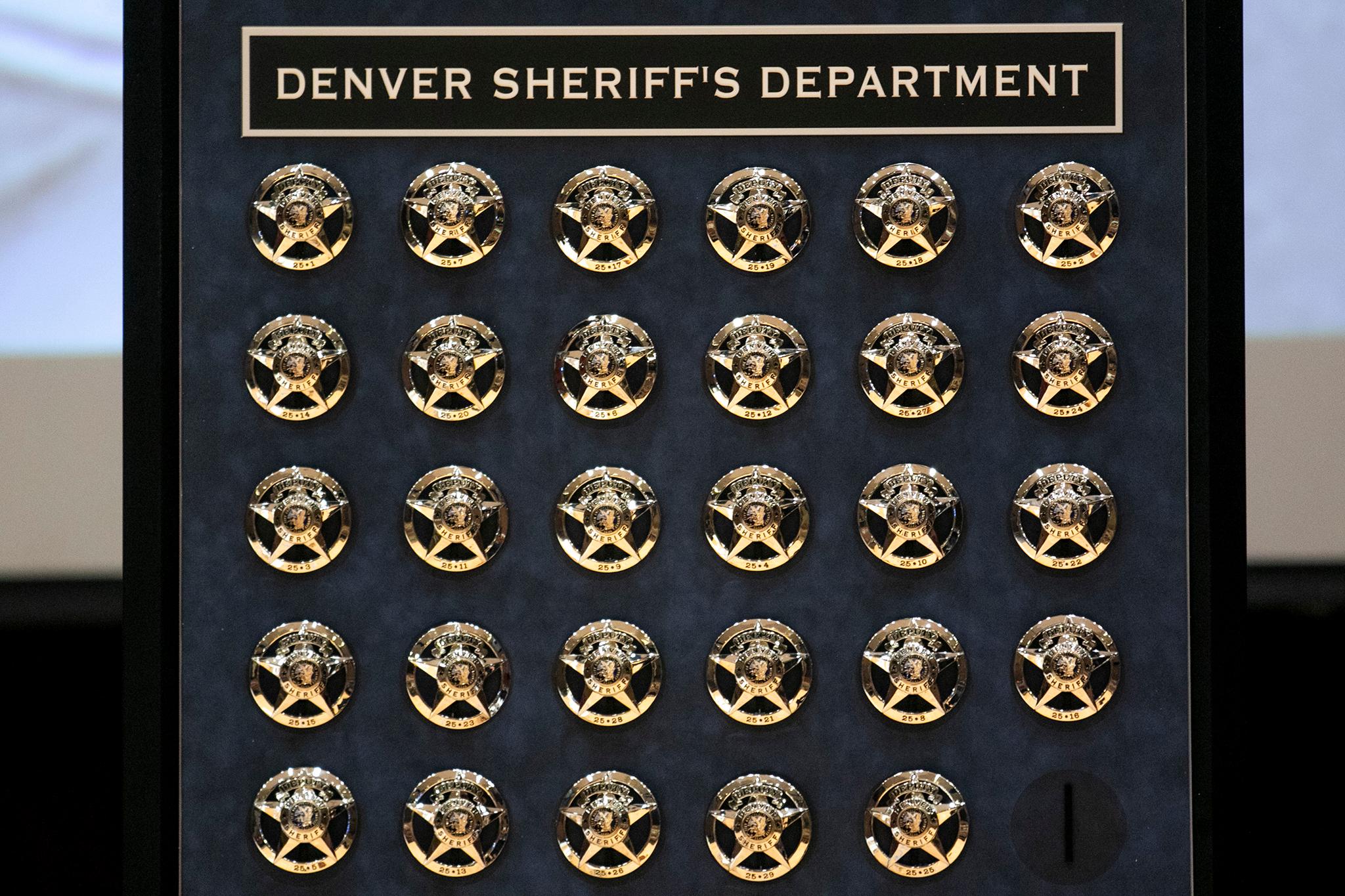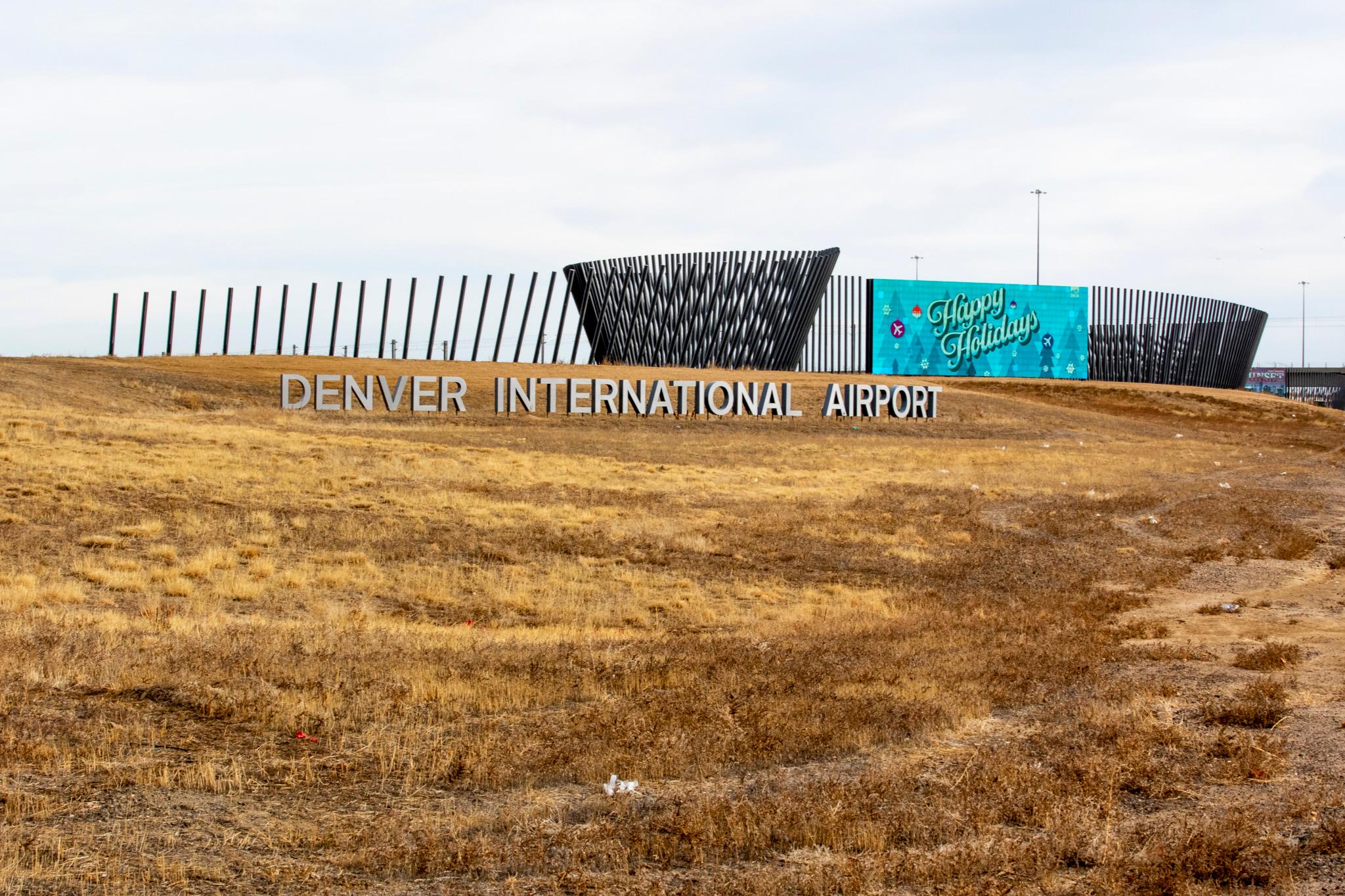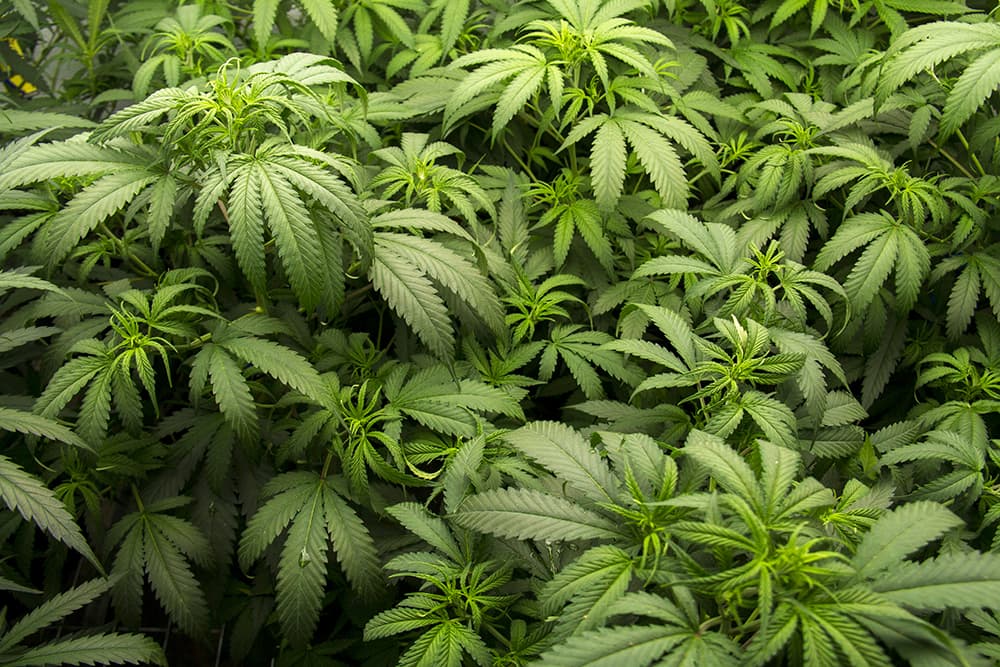
Sixteen people have been indicted in an investigation of what law enforcement describes as a huge illegal operation that was shipping 300 pounds of marijuana out of Colorado every month.
Roughly 200 federal and local officers raided nearly 20 locations yesterday, authorities said. Officers have seized 39 weapons, including rifles, a shotgun and handguns, according to 18th Judicial District Attorney George Brauchler.
Facilities where authorities suspect the grows happened included:
- 12555 East 37th Street in Denver, described in the indictment as a "marijuana warehouse."
- 27115 County Road 13 in Elizabeth, Colorado, a rural area southeast of Denver, where 845 marijuana plants reportedly were confiscated in September. The estimated value was $5 million.
- 3106 North Stone Avenue in Colorado Springs, part of a warehouse district.
The enterprise "evolved into a distribution ring from Colorado to Arkansas, to Illinois, to Missouri, and Minnesota," the indictment states. It is "highly profitable for them to illegally ship large amounts of marijuana and marijuana concentrate out of Colorado."
The federal Drug Enforcement Administration has been working for about six months with local law enforcement on the investigation, according to Barbara Roach, DEA chief for Denver. She stressed that DEA was interested because multiple types of crimes were alleged and it was a large suspected criminal organization. The DEA has been a lot busier with marijuana cases since legalization, she said.
Brauchler said it was the largest such investigation that he had encountered in his jurisdiction, which covers Arapahoe, Douglas, Elbert and Lincoln counties.
"Colorado, with its recreational marijuana laws, has become a hub and become a location for these criminal enterprises and these criminals to come and try to outsmart law enforcement," said Steve Johnson, a high-ranking deputy for Douglas County. Other officials described the grows as public safety threats due to the use of "hijacked" utilities and pesticides.
The suspects allegedly used codewords while communicating on their phone calls — and yes, the investigators were listening.
One central suspect, Michael Alan Stonehouse, is accused of transferring nearly 60 pounds of marijuana via duffel bags in the parking lot of Vista Peak Preparatory School in Aurora. The marijuana was transferred to a confidential source, who then took it to Illinois and gave it to another suspect, Jibaro Smith, at a carwash in Peoria, Illinois, the indictment states.
A GPS tracker allowed investigators to follow the trail. And, if you're wondering, the source was given $3,900 for his or her troubles.
In another instance, Stonehouse allegedly transferred 180 pounds of marijuana to another suspect, Vincent Castillo, outside the Starbucks at 506 Castle Pines Parkway in Castle Pines. Separately, a cannabis package bound for New Mexico allegedly was transferred at 4:20 p.m. one day at a 7-11 on Dry Creek Road.
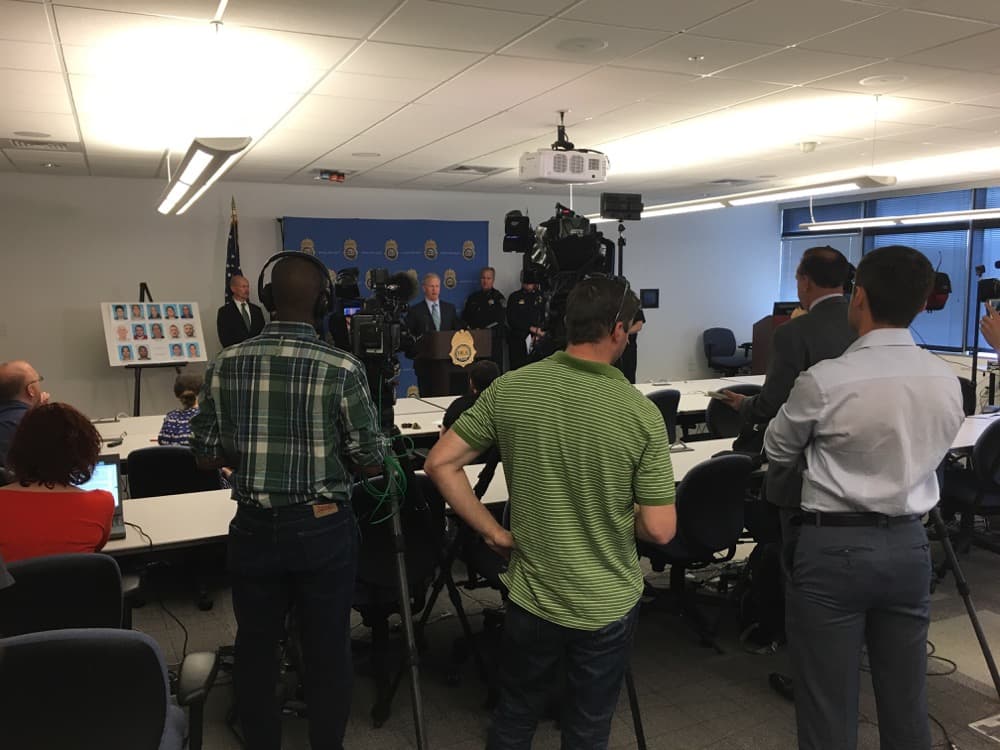
Follow the money:
Suspects in the case allegedly swapped $9,800 "disguised in birthday wrapping paper," in one instance.
A suspect in Arkansas, meanwhile, gave DEA agents consent to search his home, in which they found about 290 pounds of marijuana, as well as $150,000 in cash.
Stonehouse over the years transferred more than $ 1 million into accounts through LLCs and other entities, the indictment states. He allegedly was not paying taxes related to marijuana cultivation at the time.
An alleged middle man in the operation bought "multiple houses" during that period, the indictment states.
Was any of it legal?
Two of the figures accused in the operation — Stonehouse and Rudy Saenz — "appear to have had State approved marijuana licensing" but were operating illegally, the indictment states. At one point, they talked to an undercover agent about wanting to make the business legal, the indictment states.
But, as it stands: "The allegations here are straight-up black market — none of this stuff was produced legally, none of it was distributed legally," Brauchler said.
"... You don’t get to put hundreds of pounds of marijuana into duffel bags and run them over the state lines and be compliant with the law."
Stonehouse and Saenz had their bond set at $1 million, while bond for other suspects ranged down to $50,000.
Brauchler said that while he didn't favor marijuana legalization, it is the will of the voters — and he claimed this indictment shows that Colorado can handle the black market that comes with legal weed.
"We’ve proven we can address these issues right here, in state courts, with the partnerships that we’ve developed," he said. "... Our obligation is to try to make those laws work."
The various charges against the suspects include racketeering,conspiracy, conspiracy to distribute marijuana, distribution of marijuana, possession with intent to distribute marijuana and money laundering.

